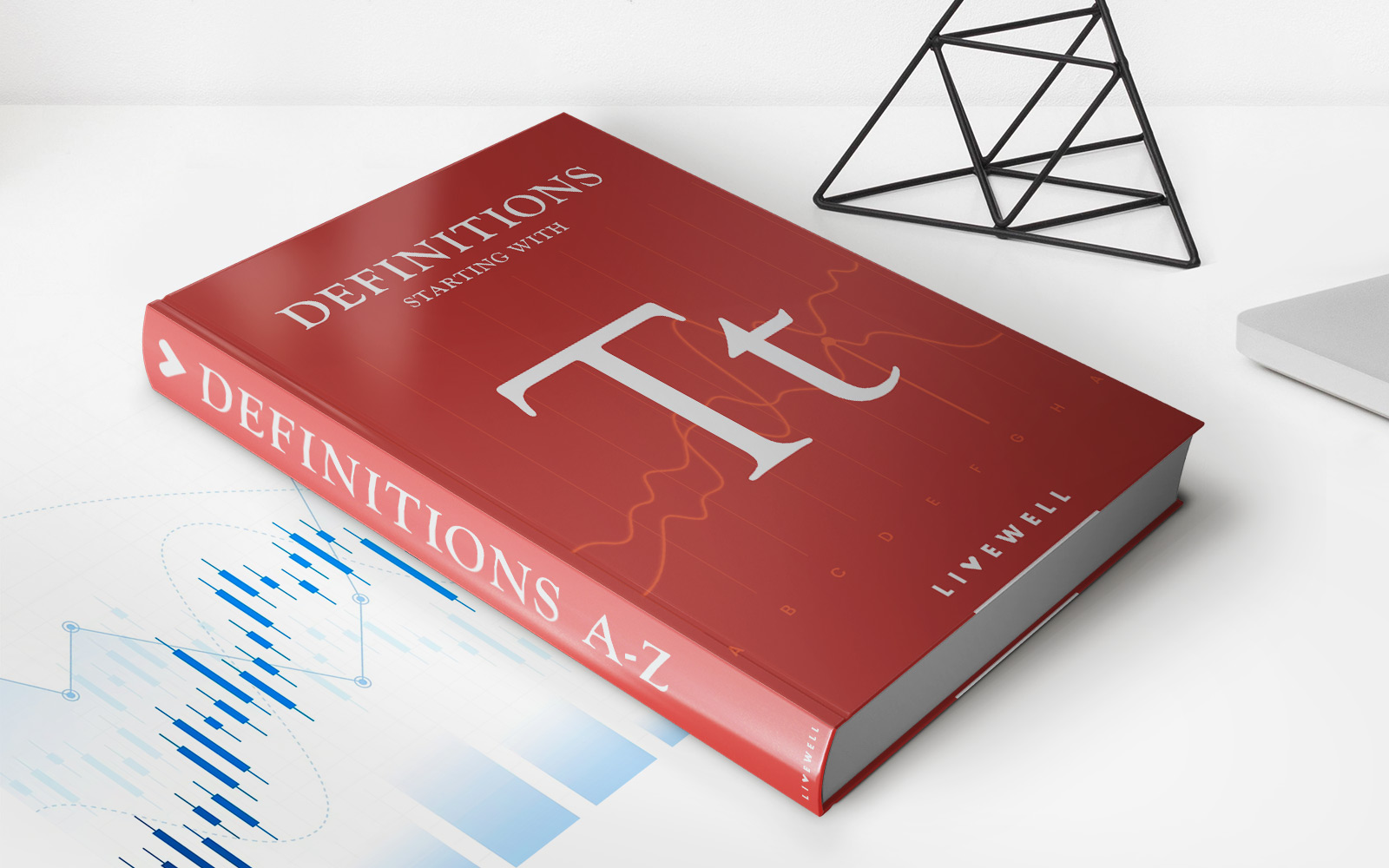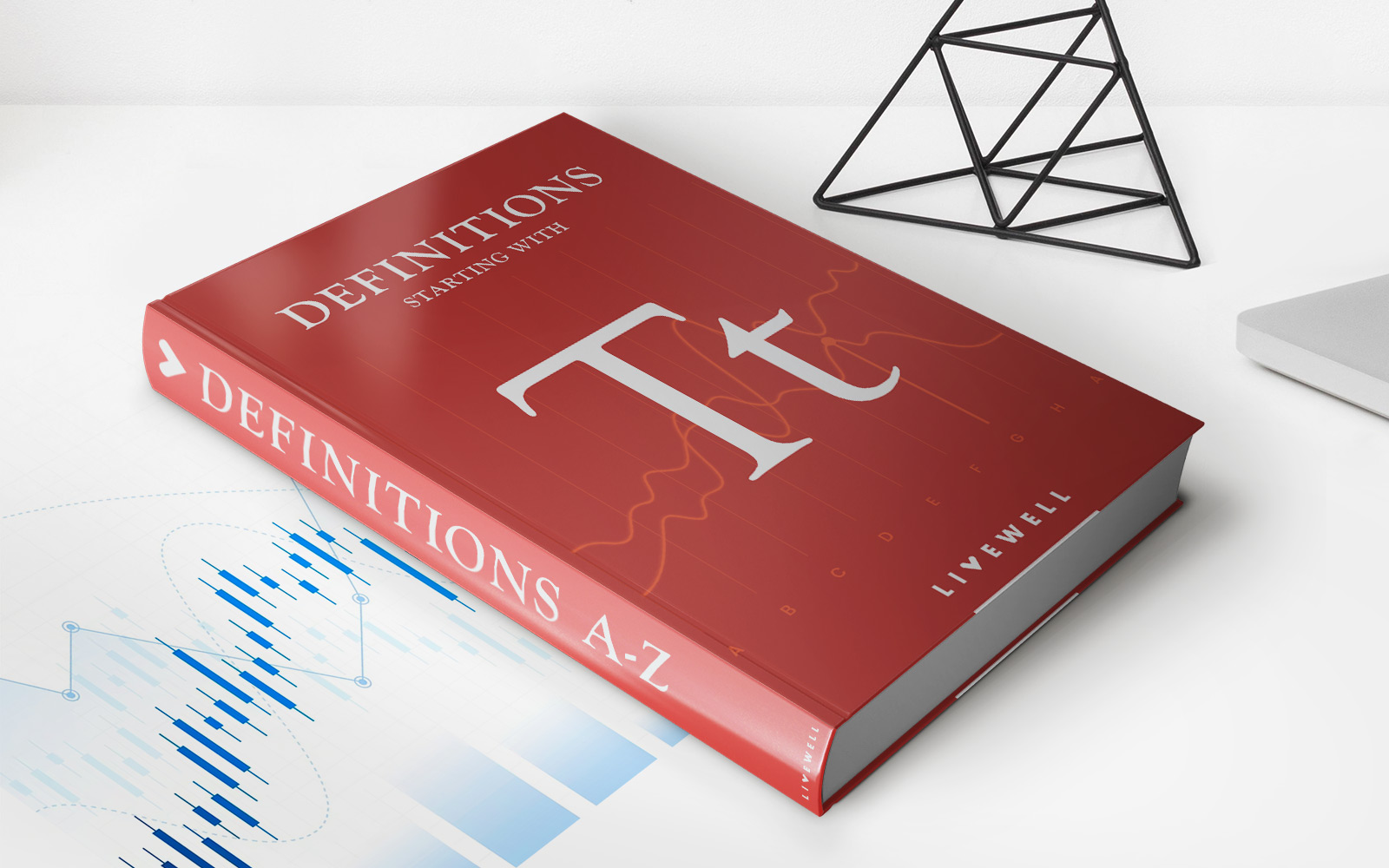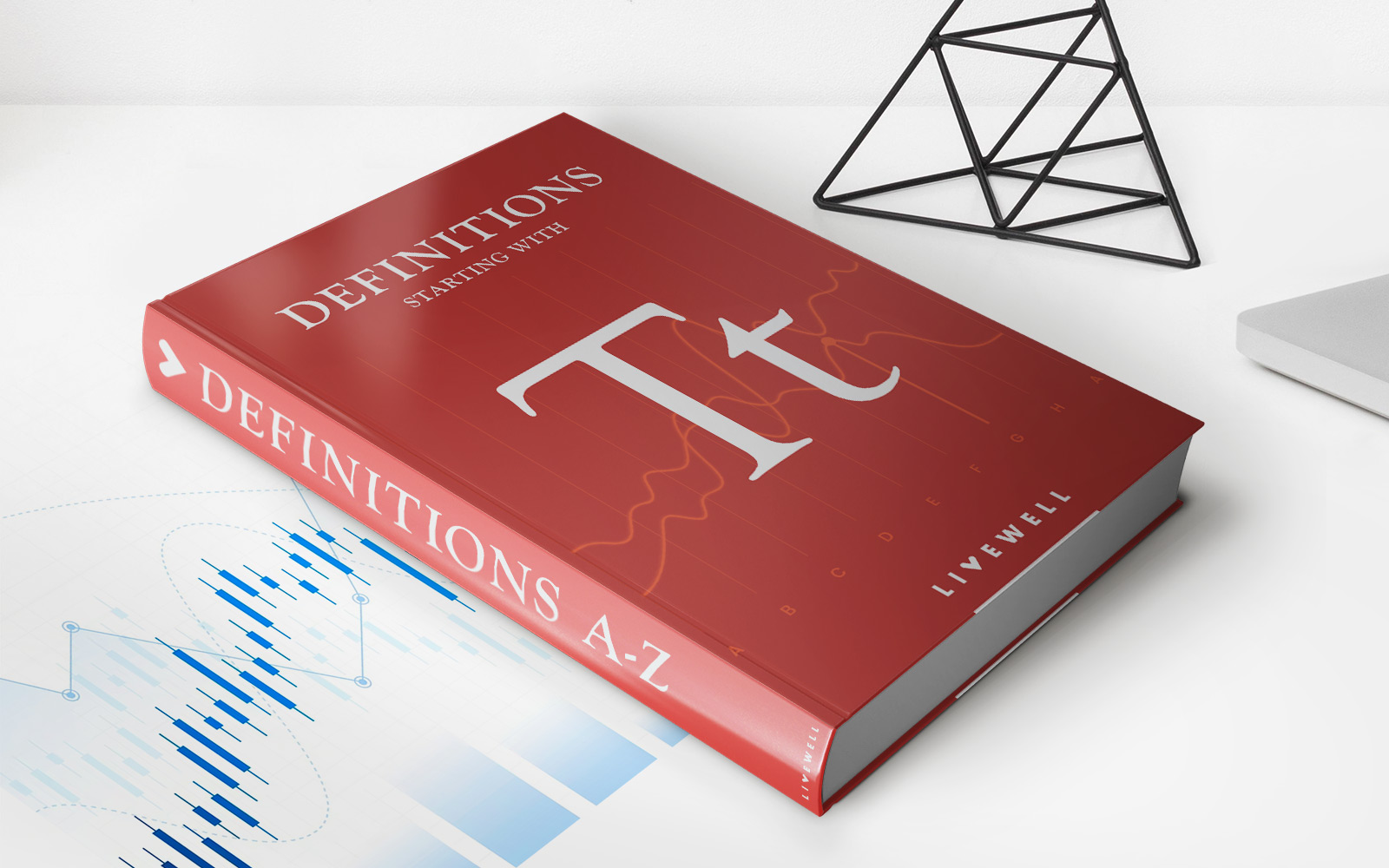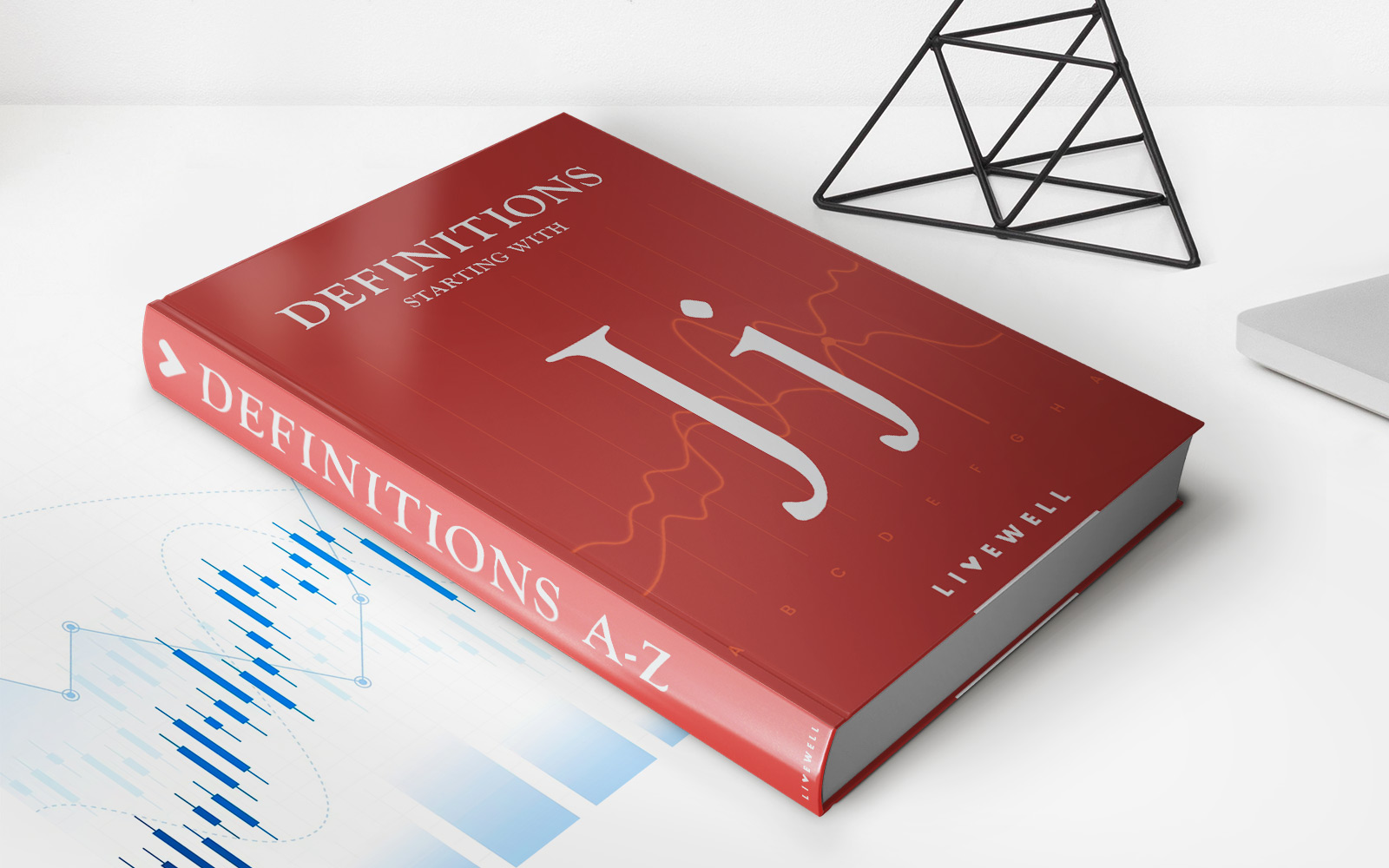Home>Finance>Tax Lien Foreclosure: Definition, How It Works, Vs. Tax Deed Sale


Finance
Tax Lien Foreclosure: Definition, How It Works, Vs. Tax Deed Sale
Published: February 6, 2024
Learn about tax lien foreclosure and how it works in the world of finance. Understand the key differences between tax lien foreclosure and a tax deed sale.
(Many of the links in this article redirect to a specific reviewed product. Your purchase of these products through affiliate links helps to generate commission for LiveWell, at no extra cost. Learn more)
Tax Lien Foreclosure: Definition, How It Works, Vs. Tax Deed Sale
Welcome to our finance blog, where we dive into various topics related to personal finance, investments, and real estate. Today, we’ll be discussing tax lien foreclosure, its definition, how it works, and how it differs from a tax deed sale. So, if you’re curious about how tax lien foreclosure can potentially affect your finances and property investments, keep reading!
Key Takeaways:
- Tax lien foreclosure occurs when the owner of a property fails to pay their property taxes, resulting in a lien being placed on the property by the government.
- Tax deed sales, on the other hand, involve the government selling the property itself to recover the unpaid taxes, bypassing the foreclosure process.
Understanding Tax Lien Foreclosure
Tax lien foreclosure is a legal process initiated by the government to recover unpaid property taxes. When a property owner falls behind on paying their taxes, the government places a lien on the property to secure the unpaid balance. This lien acts as collateral for the debt owed to the government.
Once a tax lien is in place, the government has the right to foreclose on the property if the property owner fails to pay off the debt within a specific timeframe. The foreclosure process typically involves a court-ordered sale, where the property is auctioned off to the highest bidder.
During the tax lien foreclosure process, interested parties, such as investors or individuals looking for real estate opportunities, have the opportunity to bid on the property. The winning bidder then becomes the new owner of the property, with any remaining funds from the sale used to satisfy the outstanding tax balance.
Tax Lien Foreclosure vs. Tax Deed Sale
Now that we have a clear understanding of tax lien foreclosure, let’s explore how it differs from a tax deed sale. Both options are used by the government to recover unpaid property taxes, but they follow different paths:
- Tax Lien Foreclosure: Under tax lien foreclosure, the government places a lien on the property and initiates a legal process to sell the tax lien itself. The winning bidder at the auction acquires the lien but must wait for a specific redemption period to elapse before potentially gaining full ownership of the property.
- Tax Deed Sale: With a tax deed sale, the government sells the property itself rather than the lien. This means that the winning bidder at the auction immediately becomes the full owner of the property, without the need for a redemption period.
It’s important to note that tax lien foreclosure and tax deed sales vary depending on the jurisdiction and local laws. Always consult with a real estate attorney or tax professional to fully understand the process and implications specific to your area.
Now that you have a better understanding of tax lien foreclosure, how it works, and how it differs from a tax deed sale, you can make informed decisions when it comes to your property investments and taxes. Remember to stay vigilant about keeping up with your property tax payments to avoid the risk of foreclosure or sale.
For more informative articles on finance, investments, and real estate, be sure to check out our other blog posts in the Finance category!














